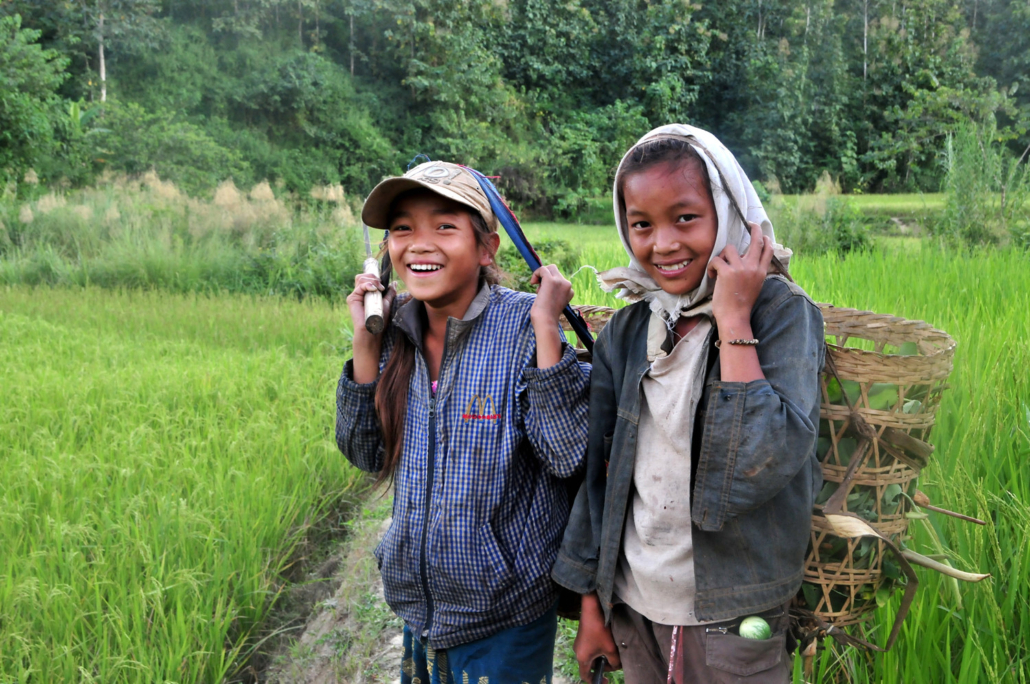Mental Health Challenges Among Young People in Lao PDR
 Of the 6.5 million people living in the Lao People’s Democratic Republic (PDR), 60% are below the age of 25, and one in four suffer mental health challenges. The region, which spends just 0.3% of its health budget on mental health care and treatment facilities, must soon reconsider its prioritization of mental health care. This younger generation is expected to carry the burden of alleviating Lao PDR’s national debt, which is currently 70% greater than their GDP. Here is information about the mental health challenges young people in Lao PDR face and what some are doing about it.
Of the 6.5 million people living in the Lao People’s Democratic Republic (PDR), 60% are below the age of 25, and one in four suffer mental health challenges. The region, which spends just 0.3% of its health budget on mental health care and treatment facilities, must soon reconsider its prioritization of mental health care. This younger generation is expected to carry the burden of alleviating Lao PDR’s national debt, which is currently 70% greater than their GDP. Here is information about the mental health challenges young people in Lao PDR face and what some are doing about it.
The Region
For the last 20 years, the economy of Lao PDR has grown by more than 7%, but in spite of being one of the fastest-growing nations in Southeast Asia, 18% of the population lives in poverty. The COVID-19 pandemic exacerbated the economic struggles of the nation, which originated from large-scale borrowing of funds used for modernization. The kip lost half its value against the U.S. dollar, and from 2021 to 2023, inflation rose more than 40% per year. The government prioritized amending its economy, dismissing the social sector, investments in education, and infrastructure necessary to support a growing mental health epidemic in the region.
Young People in Lao PDR
A third of the population in Lao PDR are 10-24 years old, making the nation one of the youngest in Southeast Asia. However, close to 40% of those are not in education or registered as employed. School and business closures during the COVID-19 pandemic forced two in seven young people out of school and one in six into hazardous self-employed environments in order to provide for their families. Mental health challenges that young people in Lao PDR endured have consequently risen, and aid services are often inaccessible.
Mental Health Challenges in Lao PDR
Between the hopelessness that comes with being forced to leave school and the financial stresses produced by a weakened economy, it is easy to understand the root of mental health challenges that young people face in Lao PDR. With 75% of the young population living in rural areas with no access to mental health support, substance abuse is becoming an increasing issue in the nation. The majority of those struggling with mental health are from vulnerable populations — ethnic minorities, migrants and those with disabilities.
Taking Steps Toward Limiting Mental Health Challenges
The demand for mental health services in Lao PDR requires improvements in infrastructure. The World Health Organization (WHO) encourages prioritizing improving young people’s mental health through the establishment of aid programs. These efforts include:
- Community programs aimed at reducing rates of postnatal depression.
- Support from the United Nations Fund for Population Activities (UNFPA).
- Aid from the United States Agency for International Development (USAID).
All of these provide a pathway that leads toward reducing the mental health challenges of young people in Lao PDR.
Community Programs
Village health volunteers in Lao PDR are predominantly male, which complicates administering health care to pregnant women and adolescents. However, recent community programs aimed at creating professional gender equality in the nation have invited female village health volunteers into the community health care network. The programs pair a male and a female village health volunteer, especially for the reduction of postnatal depression rates in Lao PDR. Putting women at the forefront of mental health care support has proved to be effective in reducing postnatal depression rates.
Support from UNFPA
UNFPA offers support for anxiety arising from a lack of reproductive health knowledge, including funding training courses for counselors in Lao PDR. Many mental health workers across the nation have adopted these courses, and prompted multiple improvements to the nation’s social message on supporting young people’s mental health. Hotlines exclusively catering to the support of mental health challenges have been established and social media is being used nationwide as an informational platform, educating the younger generation on issues of psychological health.
Aid from USAID
USAID reinforces the importance of mental health professions and improves the efficacy of treatments by rewarding research and development. In addition to encouraging mental health careers and research, USAID has pledged to create the necessary medical spaces for practitioners.
Restoring the Next Generation in Lao PDR
Emerging from the COVID-19 years into massive national debt, the young people of Lao PDR have increased rates of mental health challenges. However, they are receiving attention with local and international aid, as well as social reform. The next decade will prove whether or not this aid has been effective in supporting the mental health of young Laotians, but providing it is a critical step toward restoring Lao PDR as one of the most promising emerging markets in Southeast Asia.
– Joseph Wray
Photo: Flickr
